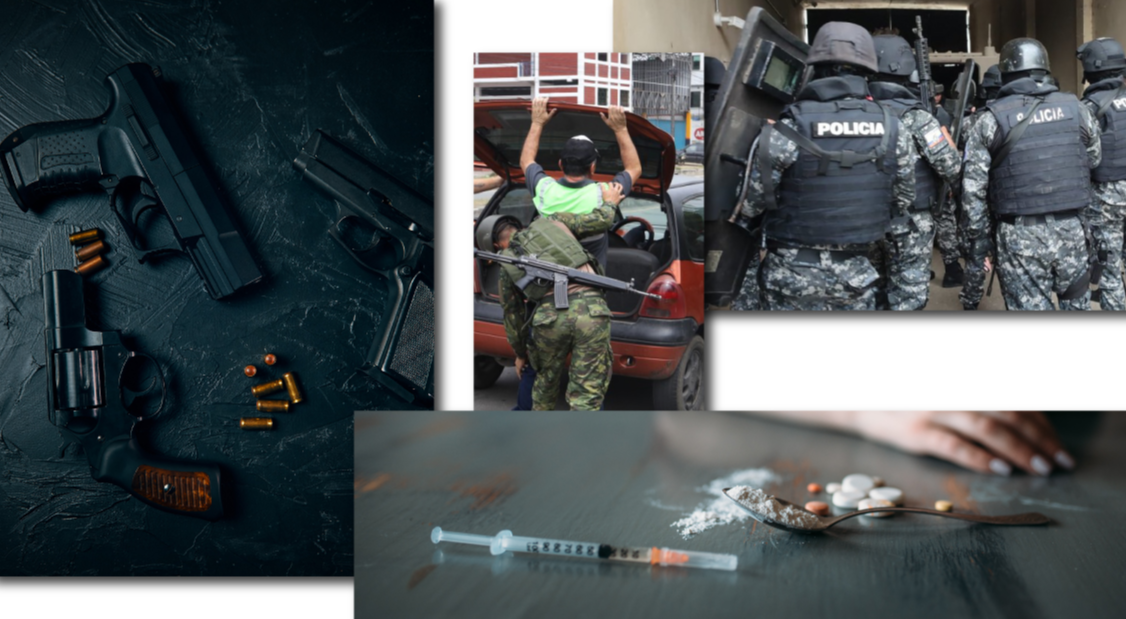
By Roberto Morejón
While Ecuador is in the spotlight for the rise of organized crime associated with drug trafficking, the rest of the Latin American region does not represent an oasis of tranquility.
Considered among the most violent territories in the world by the evolution of homicides and the nature of the crimes, cartels, groups and local criminals are characterized by their expansion and not a few of them by the magnitude of terror.
If anyone doubts it, just look at the repeated prison riots in Ecuador.
From torture, disappearances and kidnappings to sexual exploitation and femicides, narco-crime operates in irregular, semi-legal and openly clandestine economies, without leaving out the formal market altogether, with ties to customs, finance and foreign trade.
Inexorably, young people at the most exposed angle of the narcotics trafficking chain march towards the underworld, where they hope to find ways to get rich, even if their lives are in danger.
They are attracted by the fact that the Andean region generates the largest production of coca leaves in the world, because the natives use them in their medicinal, culinary and spiritual practices.
Criminal organizations take advantage of these natural conditions, as is the case in Colombia and further south in Paraguay, one of the main cannabis producers in South America.
Over the years, however, drug cartels and other outlaws began to change styles.
They did so when they realized that traditional substances such as marijuana, heroin and cocaine began to be displaced by more sophisticated narcotics, including fentanyl, which is capable of decimating growing sectors of young people in the United States.
Experts say that narco-crime is moving towards technical professionalization in its synthetic substance laboratories, in line with the demands of the main consumer market, the United States.
Therefore, although dollarization, institutional fragility and the failed actions of the governments of Lenin Moreno and Guillermo Lasso, smoothed the way for the evildoers in Ecuador, the rest of Latin America cannot feel left out.
And that is why governments are reflecting on whether the time has not come to establish coordination to curb the rise of organized crime and drug trafficking and its harmful impact on economies and societies.

